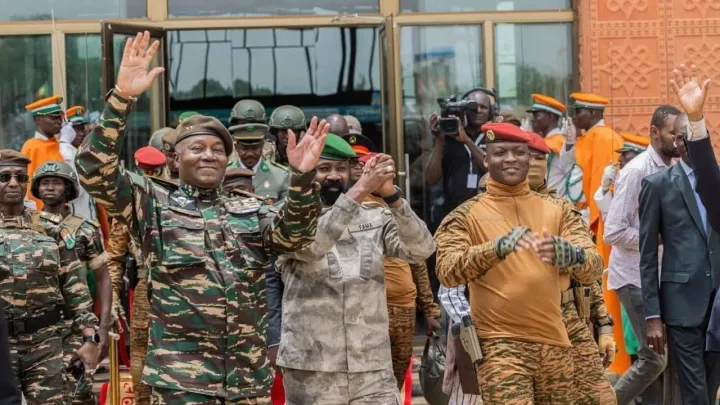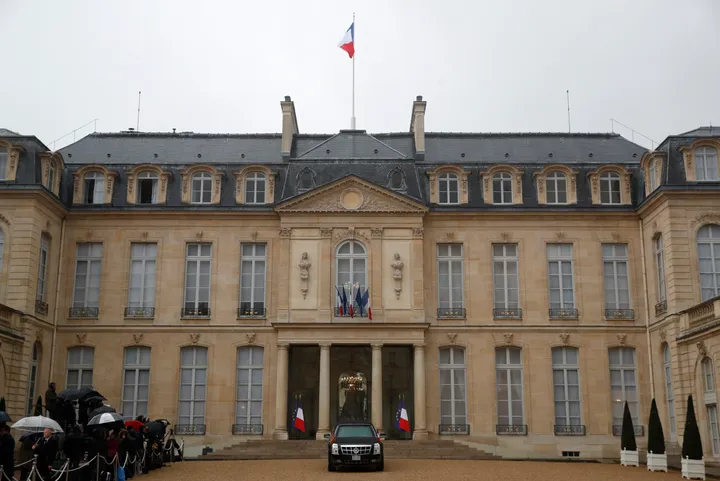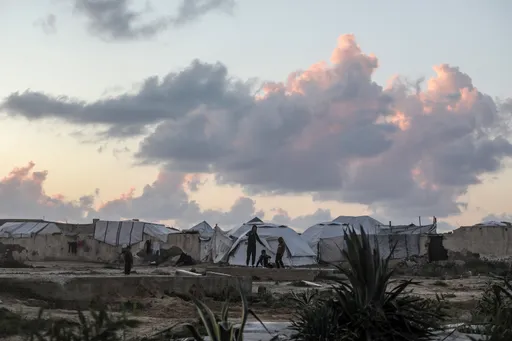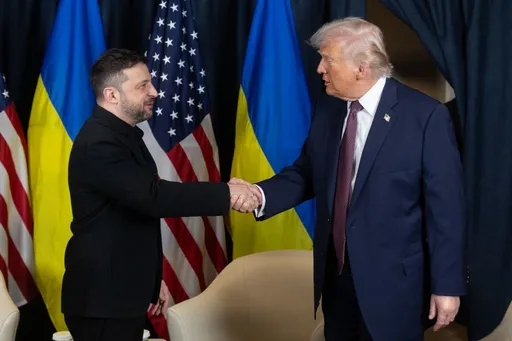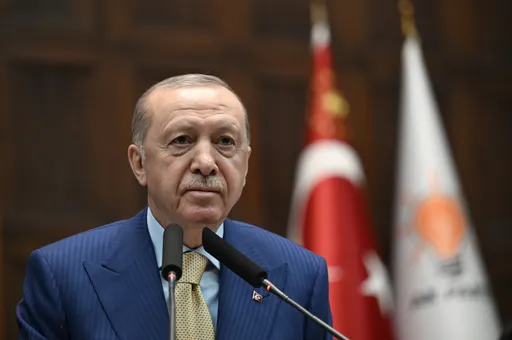Pakistan is poised to re-enter the quagmire of Middle East politics, having sat warily on the sidelines since the outbreak of hostilities in Syria to avoid taking sides between Iran and Saudi Arabia.
The expressed desire to remain neutral in conflicts between its "neighbours" and "brothers", respectively, led Pakistan to politely but resolutely refuse to join the Saudi-led alliance which went to war against Iran-backed Houthi rebels in Yemen in March 2015.
At the time, it was up to its neck in a decisive counter-terror campaign against Tehreek e Taliban Pakistan militants in the tribal areas bordering Afghanistan, and in no position to divert troops into an overseas war. Nor did it want to become embroiled in a conflict which would have exacerbated sectarian violence within Pakistan, home to a sizeable Shia Muslim minority.
This position was reaffirmed by Prime Minister Imran Khan in a televised victory speech after his Pakistan Tehreek e Insaf party won the controversial July 25 general election.
Encouraged by his professed desire to improve relations, Tehran dispatched foreign minister Javed Zarif to Islamabad in time to become the first foreign dignitary to meet Khan upon his assumption of office.
However, the rigours of managing Pakistan's volatile economy soon pushed Khan to climb down on his promise not to make any foreign visits during his first three months in office, to enable him to focus on domestic governance.
In search of financial aid to boost Pakistan's rapidly depleting foreign reserves, and worried by US threats that an International Monetary Fund bailout would come with political strings attached, Khan chose Riyadh and Abu Dhabi as the destinations of his first overseas tour.
Upon his return, the Pakistani government announced that the Saudis had been invited to establish an enormous oil refinery and strategic storage facility at the Chinese-run port of Gwadar, located 120km from the Iranian border.
Coming just a month before unilateral US sanctions against Iran were due to take effect, the timing of the announcement was poignant, if not provocative.
There is good reason to conclude that the Saudi refinery project has been in the works since last October, when Pakistan's powerful army chief of staff, General Qamar Javed Bajwa, undertook quiet efforts to repair the damage inflicted by the Yemen refusal.
Nine months later, his so-called "military diplomacy" birthed a proposal from the army's infrastructure development arm to build a $10 billion oil pipeline from Gwadar to the restive western Chinese province of Xinjiang - without naming the source of the oil.
Parallel to the Gwadar announcement, the Saudis were also invited to participate in independent power projects in Pakistan.
Promptly, they showed a keen interest in taking stakes in two plants that would be fuelled by liquefied natural gas supplied by bitter Gulf Arab rival Qatar, forcing Islamabad to backtrack on technical grounds.
But Bajwa—the ultimate arbiter of power in Pakistan—has been at pains to avoid being seen as taking sides in the Middle East. Soon after his trip to the Gulf Arab capitals, he became the first Pakistani army chief of staff to visit Tehran since the 1990s.
This gap reflects the conflicting interests of the two countries in neighbouring Afghanistan at the time: Pakistan, Saudi Arabia and the UAE had recognised the Taliban regime, while Iran backed the Northern Alliance resistance, the precursor to the US-supported current-day government in Kabul.
Bajwa's visit to Iran has yielded another potential $10 billion pipeline, in this case, a Russian offshore project which would carry natural gas from Iran to Gwadar and onwards to India.
In fact, he arrived in Tehran just days after it had signed a memorandum of understanding with Moscow for the project. If it comes to fruition, the project could replace the Iran-Pakistan-India pipeline, which has stalled because of US sanctions and India's withdrawal.
These two projects would complement the Turkmenistan-Afghanistan-Pakistan-India gas pipeline, a strategic project which, for a brief period in the mid-1990s, led the US to deal with the Taliban as a potentially stabilising force.
This effort to transform Pakistan into a regional energy corridor is the cornerstone of a new multi-polar foreign policy. It seeks to leverage Pakistan's geographical location at the confluence of south and central Asia with the Persian Gulf.
The aim is to attain greater influence without being overly beholden to or susceptible to pressure from any global or regional power, whether it be the US, India or even "iron brother" China.
This also explains the recent translation of longstanding goodwill with Turkey into a strong defence relationship.
On paper, the policy appears intelligent.
In reality, however, it is a long shot because it assumes Pakistan is operating from a relatively strong position. It is not. Pakistan is a country in increasingly dire diplomatic and economic straits, with a very short list of "friends" who are virtually at war with one another.
Unsurprisingly, recent events have shown that Pakistan is being dragged into their rivalries and enmities, rather than leveraging them to its advantage.
The Khan administration discovered that when Saudi Arabia and the UAE agreed to extend financial assistance, but with unpalatable conditions. Although not publicly stated, it was obvious that they wanted Pakistan to repent for its recalcitrance on Yemen and take their side in the Middle East.
The Saudis may be attracted by the prospect of a pipeline through Pakistan into China, but its American allies are invariably bound to frown at the prospect, considering the eruption of a trade-based 21st century Cold War with Beijing.
Riyadh also has a stake in the US-championed Turkmenistan pipeline, and would invariably pressure Russia on the Iran pipeline.
None of this augurs well for Pakistan's diplomatic and economic position.


